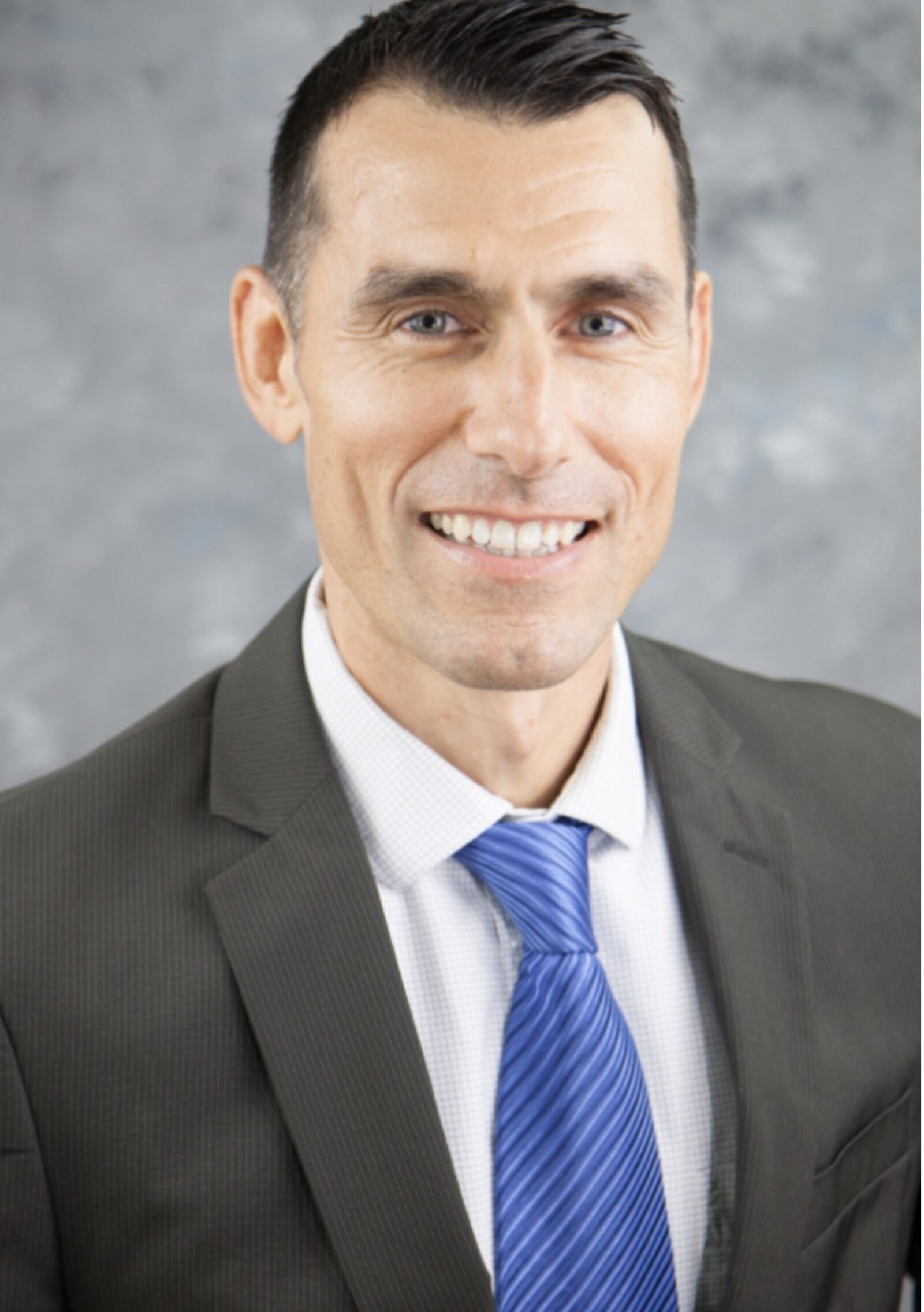By Frank Forza
Deseret News staff writer
Published: Thursday, May 11 2000
The state of Utah plans to give Delta Air Lines millions of dollars in property tax relief under a settlement agreement the two sides are expected to sign Thursday, according to a state official familiar with the deal.
Delta, whose Western hub is based at Salt Lake City International Airport, appealed its property taxes with the Utah State Tax Commission in 1996. The nation’s third-largest airline is finally poised to strike a pact with the state for a partial refund of property taxes it paid from 1996-1999, said the state official, who requested anonymity. The official said the dollar value of the tax refund is “in the low millions” and less than $10 million.
The state of Utah plans to give Delta Air Lines millions of dollars in property tax relief under a settlement agreement the two sides are expected to sign Thursday, according to a state official familiar with the deal.
Delta, whose Western hub is based at Salt Lake City International Airport, appealed its property taxes with the Utah State Tax Commission in 1996. The nation’s third-largest airline is finally poised to strike a pact with the state for a partial refund of property taxes it paid from 1996-1999, said the state official, who requested anonymity. The official said the dollar value of the tax refund is “in the low millions” and less than $10 million.To finalize the deal, however, the tax breaks already negotiated by the state’s Property Tax Division still have to be approved by the four-person Tax Commission, cities, counties, school districts and other taxing entities. To fund Delta’s tax breaks, residents and businesses in the affected cities could experience small increases in their property taxes or cuts in government services.
If the property-tax refund pans out for Delta, it could be the prelude to much larger tax breaks for the airline in the state of Utah. The airline — which has more than 4,500 employees in Utah — says its profit margins at Salt Lake International Airport are the lowest of its four major hubs, a subpar performance that has the airline aggressively pushing for economic relief from the state’s Tax Commission and state Legislature, which could approve more substantial tax breaks in the future.
During a meeting with state representatives last month, Delta officials conveyed that they will consider relocating their only Western hub if Utah doesn’t come through with more tax breaks, state Sen. John Valentine, one of the officials who met with Delta’s group, told the Deseret News last week.
But Clay McConnell, a Delta spokesman, said Delta has “no plans to leave Salt Lake” and never threatened to leave. Although he was not among the Delta officials who met April 19 with Valentine and Rich McKeown, the chief of staff for Gov. Mike Leavitt, McConnell said of the meeting: “Somewhere along the line there was a breakdown in communication as far as (Delta’s) intent . . . a misunderstanding took place.”
While there are conflicting accounts of that April meeting, what is undisputed is that any Delta move is not imminent. The airline is locked into a contract at Salt Lake International Airport through June 30, 2003.
But Thayne Robson, an economist at the University of Utah, indicated it would be a mistake for state legislators to ignore Delta’s ability to relocate and that tax breaks to retain the corporate power may be justified. He says that as a protection against losing Delta, state officials who investigate the airline’s report of disappointing profits need to ensure that Delta is as profitable in Utah as it is elsewhere.
“I think the state should take Delta’s (tax) request very seriously,” said Robson, director of the university’s Bureau of Economic and Business Research and a leading authority on Delta’s impact on Utah’s economy. “There are other cities that have been very much interested in attracting the Delta hub to their community. . . . What I am absolutely confident of is that every city in the country wants to improve its air service, and that is critical to the economy and . . . absolutely essential to any thriving city.”
But few if any Western airports at the moment seemingly have enough gates and sufficient facilities to support Delta as a hub. One of them, McCarran International Airport — located in Nevada’s Clark County just outside of Las Vegas — has long been rumored as a possible heir to Delta’s hub.
During the 1990’s, McCarran underwent an estimated $1.5 billion expansion, added two runways and 38 gates to keep pace with passenger totals that swelled by 75 percent, according to Clark County Director of Aviation Randall Walker. Yet Walker and two other high-level Clark County officials reached earlier this week said firmly that there is no truth to the undying innuendos linking Delta and McCarran.
“Nobody from Delta has ever talked to us about that,” said Walker, who said he has been with McCarran International Airport for about 10 years.
Delta only runs about 25 flights a day out of Las Vegas each day, Walker said, an amount that has remained relatively stable for most of past 20 years. He emphasized that about 80 percent of McCarran’s passengers are Las Vegas tourists, a clientele not normally conducive to having an airline hub because many people at hubs are briefly passing through to catch connecting flights — not hit the casinos or Vegas’ famed nightlife circuit.
“Hubs bring people in who come to go somewhere else,” Walker said Monday. “It is not a desirable thing here.”
Robson, meanwhile, said that he has secondhand knowledge of “more than one city” in Western states that are vying for the chance to land Delta as a hub, but declined to name them.

